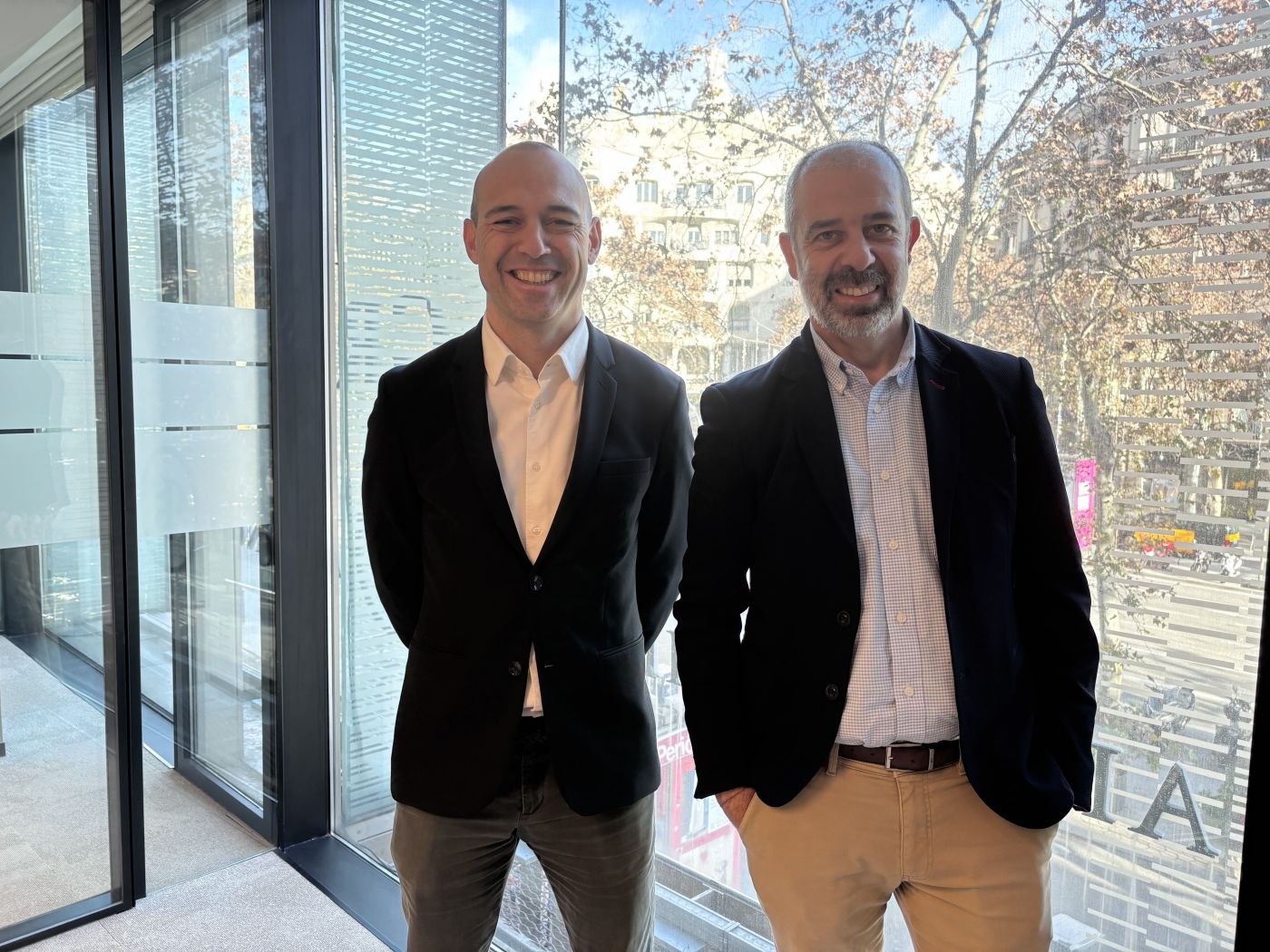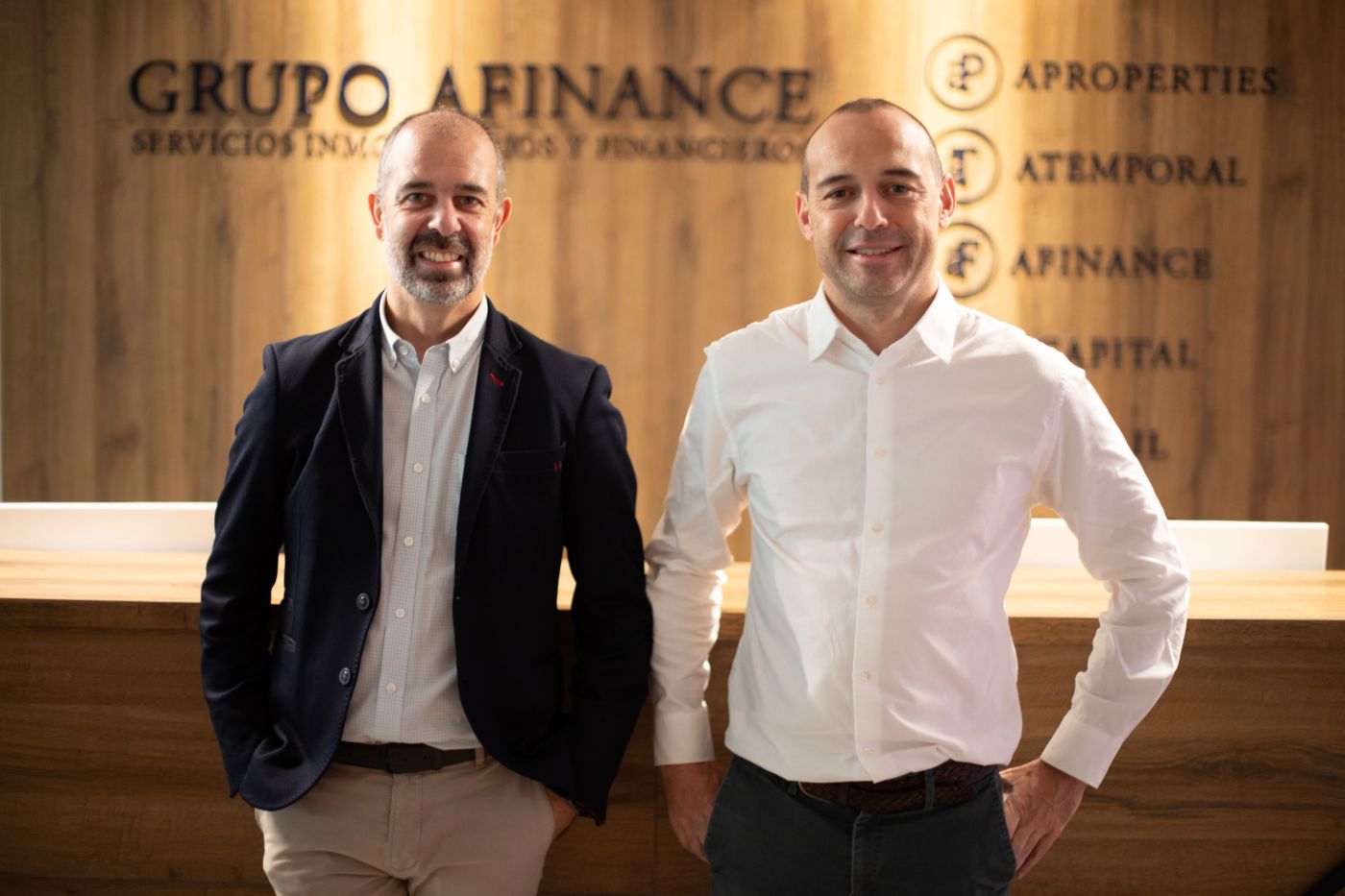Opportunities and Collaboration for Monthly Rentals in Barcelona
Interview with the CEO's of aTemporal Monthly Rentals

Faced with the risk of overly strict regulations leaving thousands of expatriates, patients undergoing treatment, students and researchers without short-stay alternatives, our leaders propose balanced solutions based on quality incentives, transparency and public-private collaboration. Together, we are outlining an action plan to protect the viability of the sector and ensure that Barcelona continues to welcome those in need of a “temporary home” with maximum guarantees.
1. How would you describe the current panorama of seasonal rentals in Barcelona?
Quico Marín: “Seasonal rental is key for thousands of temporary visitors: medical patients, researchers, students, professionals and cultural productions. After 15 years of service, we see that the sector is talked about as a scapegoat when, in fact, it responds to a real need for stays of less than a year.”
Nacho Martínez-Fortún Mas:
“The balance could not be more positive. Short-stay rentals make Barcelona a magnet for patients undergoing medical treatment, health professionals on hospital rotations, employees of national and international companies, students and researchers of all disciplines, as well as film and theater production teams, among others. Without this flexible accommodation offer, many of these activities would be forced to seek destinations with more adaptable rental markets.”
2. What impact do you foresee from the new price regulation law and how is aTemporal positioned?
Quico: “We foresee a huge blow: thousands of people would lose the option of affordable housing overnight. We are confident that the proposal will be reviewed for its possible unconstitutionality and transfer of powers, but in the meantime, the risk is enormous.”
Nacho: “The real root of the problem lies in the 2023 Urban Lease Law, which drove numerous landlords to temporary rentals to escape price caps, mandatory fees and legal uncertainty. Although presented as an opportunity, in practice tax incentives were cut in the most common brackets. Now, instead of correcting the rigidities of the long-term market, the aim is to penalize this shift towards temporary rentals”.
3. How do you envision an effective public-private partnership and what specific proposals do you put forward?
Quico: “We propose state non-payment insurance (3% of the rent) and an express eviction protocol in the event of occupation (48 hours). In addition, there are many micro actions that can alleviate the crisis: tax rebates, elimination of ITP on the first home, facilities to access mortgages -even financing part of the entry from the State / Banks- and an ambitious incentive to the construction of public housing for developers. These measures, combined with real protection for the small owner, would unlock thousands of apartments without penalizing the private sector.”
Nacho: “In addition, we call for significant tax breaks for long-term rentals, minimum contracts of more than one year for that segment and reinforced legal certainty for owners. With these measures, we would separate international demand (short-medium stay furnished apartment) from local demand (long stay) and increase the available housing stock.”

4. With more limited short-stay options, how will you support students, expats and patients?
Quico: “We will work on manuals and alliances with residences, hospitals and universities to guarantee legal alternatives: 32-day contracts with documentary justification and agreements with care networks.”
Nacho: “If regulation is tightened too much, the market will collapse and many will be forced to look for accommodation in other cities. The damage will not only affect the real estate sector; the repercussions will be far-reaching. Our challenge is to prevent this exodus by providing solutions that are fully in line with the regulations and the real needs of those who depend on temporary rentals”.
5. What final message do you have for the authorities and the sector?
Quico: “Let's regulate with common sense: a free market, supervised like healthcare or education, without interventions that destroy supply. A landlord should be able to choose his rental model.”
Nacho: “We ask for unity in the sector and dialogue with decision makers: they need experts, not populist solutions. Penalizing temporary rental will not solve the long-stay housing deficit; it will only aggravate the crisis.”
At aTemporal we maintain a spirit of optimism and confidence: we believe that our political leaders will listen to the proposals we have shared and will approach the regulation of temporary rental in a sensible way, avoiding purely populist measures. Housing, like healthcare or education, is a legitimate and necessary sector for the economy, which must be professionalized and controlled to prevent abuses, but without renouncing free competition or the law of supply and demand. Just as we do not demand that doctors work exclusively in the public system -many combine public and private functions without detracting from quality-, neither can we arbitrarily restrict the right of property owners to decide how to rent their homes. With a balanced regulatory framework, fair play and public-private dialogue, we will achieve a balance between tenant protection and landlord security, guaranteeing a varied and sustainable offer for those who choose Barcelona and Madrid as their temporary destination.
The joint vision of Quico Marín and Nacho Martínez-Fortún is unequivocal: it is time for collaboration, not prohibition. They propose a balanced regulatory framework, where owner protection and transparency coexist with the flexibility demanded by a global Barcelona. The challenge: to convince legislators that a specialized sector can be regulated without being suffocated. This is the only way to ensure that the city remains alive and accessible to those who make it great.



